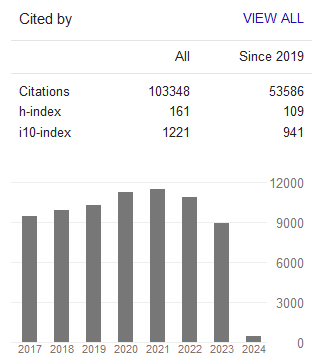Consumer Purchase Intention and Cross-Border Shopping: Implementation of Goods and Services Tax (GST)
- Hong Hoe
- Boon Heng Teh
- Patrick C-H Soh
- Tze San Ong
Abstract
Goods and services tax (GST), also called value-added tax (VAT), is an after-sales tax imposed on goods and services. The implementation of GST in Malaysia have significant economic, social, marketing, and political impact, and thus, has recently become one of the hottest discussion topics among consumers in Malaysia. From the marketing perspective, it will affect consumer purchase intention and spending patterns. Consumer purchases intention behavior will become more difficult to predict because it is directly influenced by GST. Past studies showed that consumers will likely cross to neighboring countries for shopping after the implementation of GST. This study compares consumer purchase intention before and after the scheduled implementation of the goods and services tax (GST) and to examine the consumer cross-border shopping intention. A total of 100 shoppers were interviewed in four major shopping centers in Klang Valley. Results show that most of the consumers are “likely” to purchase products before GST implementation and “very unlikely” to purchase within the first three months after GST implementation in Malaysia. However, consumers are “neutral” with regard to cross-border shopping intention. One-way ANOVA analysis shows that higher-income groups are less influenced by GST than lower-income groups. The sample size in this study could be considered relatively small for consumer studies. Thus, future studies should increase the sample size and use the longitudinal method.
- Full Text:
 PDF
PDF
- DOI:10.5539/ijbm.v10n8p198
Journal Metrics
Google-based Impact Factor (2023): 0.86
h-index(2023): 152
i10-index(2023): 1168

Index
- Academic Journals Database
- AIDEA list (Italian Academy of Business Administration)
- ANVUR (Italian National Agency for the Evaluation of Universities and Research Institutes)
- Berkeley Library
- CNKI Scholar
- COPAC
- EBSCOhost
- Electronic Journals Library
- Elektronische Zeitschriftenbibliothek (EZB)
- EuroPub Database
- Excellence in Research for Australia (ERA)
- Genamics JournalSeek
- GETIT@YALE (Yale University Library)
- IBZ Online
- JournalTOCs
- Library and Archives Canada
- LOCKSS
- MIAR
- National Library of Australia
- Norwegian Centre for Research Data (NSD)
- PKP Open Archives Harvester
- Publons
- Qualis/CAPES
- RePEc
- ROAD
- Scilit
- SHERPA/RoMEO
- Standard Periodical Directory
- Universe Digital Library
- UoS Library
- WorldCat
- ZBW-German National Library of Economics
Contact
- Stephen LeeEditorial Assistant
- ijbm@ccsenet.org
